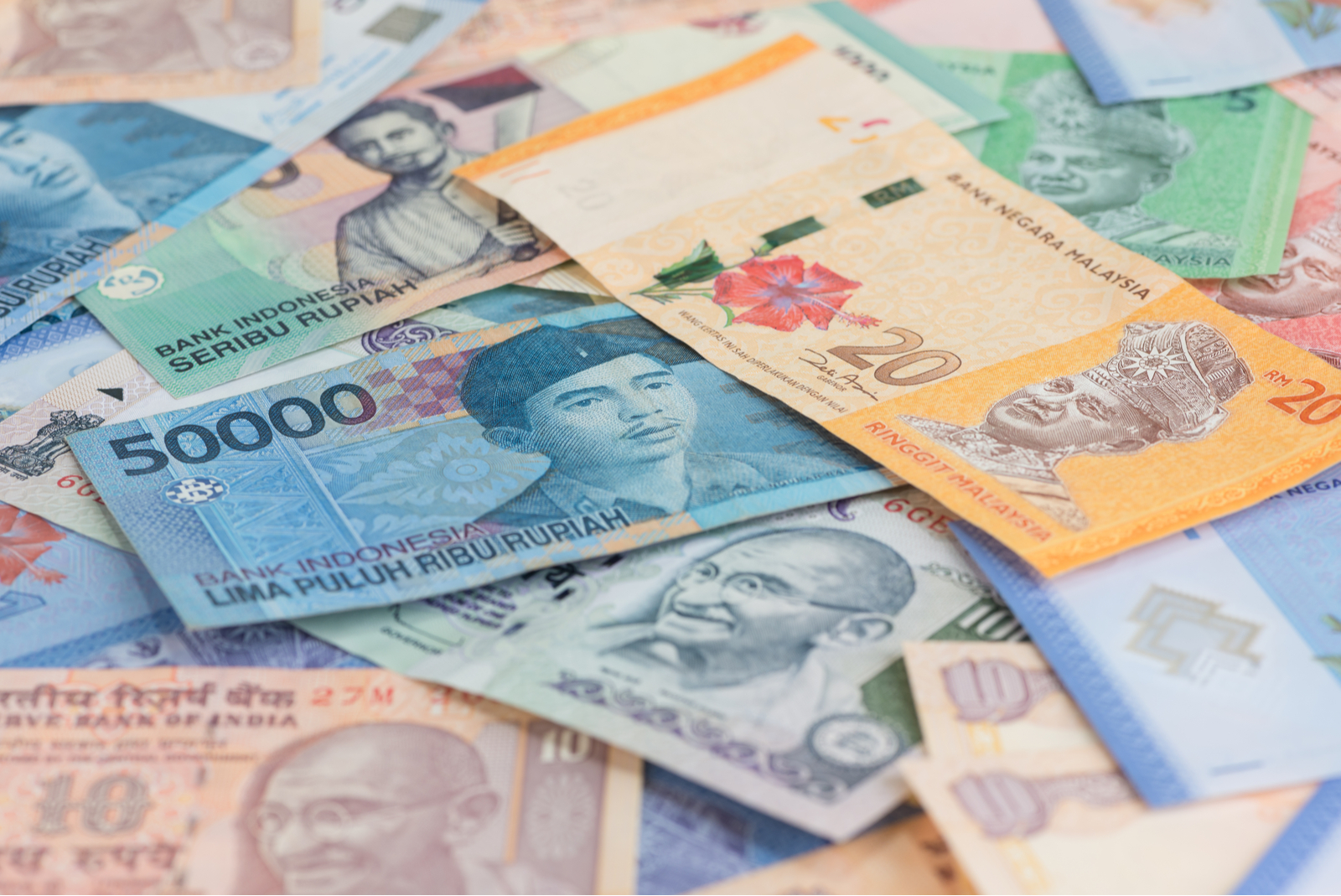EMs turn to local debt markets, burn through FX reserves to weather the covid storm

EMs turn to local debt markets, burn through FX reserves to weather the covid storm: Emerging markets are (kind of unexpectedly) not being beaten to a pulp by the current economic crisis — thanks in large part to their local debt markets, Ashmore global head of research Jan Dehn said in a research note, according to a Wall Street Journal newsletter. The strength of local debt markets has allowed EM central banks to “roll out an unprecedented range of conventional and unconventional easing measures that one would ordinarily associate with developed markets.”
Portfolio inflows into EMs also picked back up last month to reach USD 17.1 bn in what is the first step in a reversal of the record USD 83.2 bn that poured out of EMs in March. And the outlook for EM bonds is also looking fairly good, with analysts expecting FX-denominated sovereign bonds across EMs to rebound with “strong” returns in tandem with the global economic recovery. The recovery should also get a boost from bond prices across EMs currently sitting “significantly below long-term averages” for now, but are expected to gradually recover to normal levels, “presenting a substantial opportunity for investors.”
EM have already drained USD 240 bn of their reserves since the onset of the crisis: Central banks in large emerging markets have spent USD 240 bn of their reserves over the past two months in an attempt to bolster their currencies and economies, Bank of America analysts wrote in a note on Monday. China, Hong Kong, Saudi Arabia, Brazil and Turkey have seen the largest drop in their reserves, while Turkey and Egypt — which has spent USD 8.5 bn of its USD 45.5 bn pre-covid reserves — showed the biggest percentage declines, the note said.
“The drain of reserves is likely to continue, though more slowly, during what looks to be a disappointing recovery in global and EM growth,” EM analyst David Hauner wrote. “After an initial bounce in activity after the opening of lockdowns, several factors are likely to restrain the recovery: high debt, corporate defaults, inefficient labour markets, de-globalization and China-US tensions.”